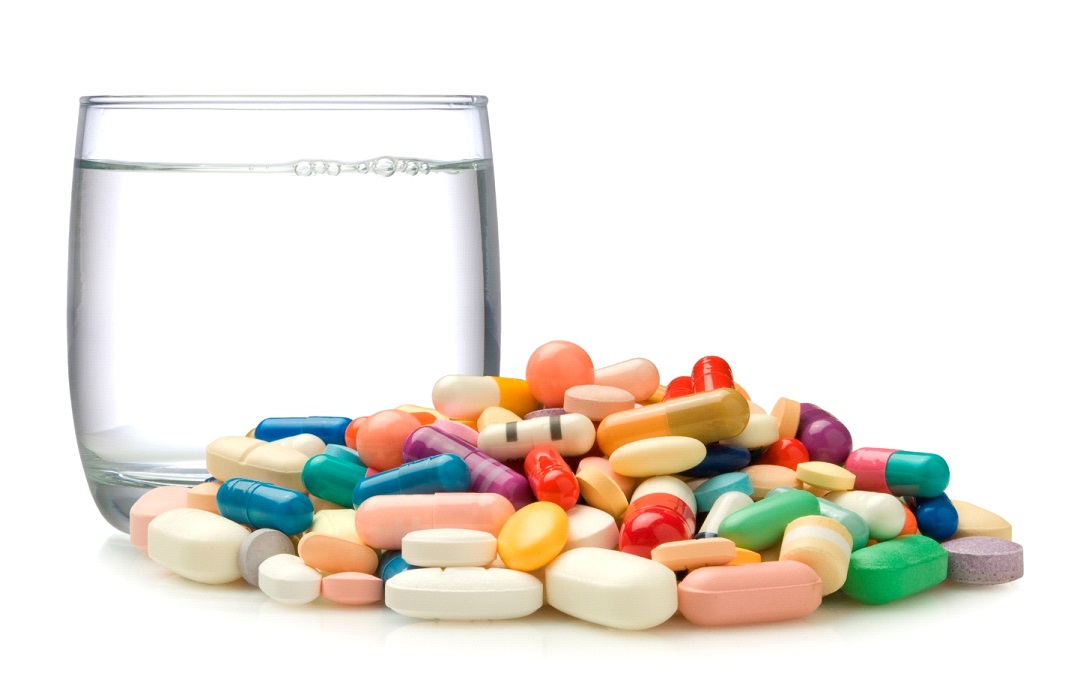Drug Allergy Symptoms, Causes, Diagnosis and Treatment

What Is Drug Allergy ?
It is marked by the allergic reaction to a specific medication. More specifically, any particular medicine, be it an herbal one, prescribed, or over-the-counter ones, holds the tendency to cause a drug allergy. Though, an allergic reaction is common with few medications.
In addition to this, drug allergy is known to root many symptoms including fever, rash or hives. Not necessarily the aforementioned symptoms are likely to developed, though; a drug allergy can also instigate more intense reactions, a condition commonly known as anaphylaxis. Anaphylaxis is marked by a life-threatening allergic reaction that affects several systems of your body. In case of anaphylaxis, the patient needs immediate trip to the nearest hospital.
More specifically, it is important to understand that an allergic response caused by any specific drug is not actually the side effect of the medicine, the probable reactions often mentioned on the medicine label. Besides, the drug allergy also tends to be different from the drug toxicity resulted from a drug overdose.
What Are The Symptoms Of Drug Allergy ?
Usually, the symptoms triggered by a drug allergy develop within 50-60 minutes after taking the medicine. Quite rarely, reactions arise after hours, days, or even weeks. Common symptoms of drug allergy are as followed:
- Itchy and watery eyes.
- Runny nose.
- Wheezing.
- Breathing difficulties.
- Swelling.
- Fever.
- Itching.
- Hives.
- Skin rash.
What Causes Drug Allergy ?
In the normal course of action, our immune system helps our body guard against the harmful, foreign substances, such as bacteria and viruses. In case of drug allergy, the immune system erroneously finds a specific drug as something dangerous for the body. In majority instances, the allergic response occurs when the immune system of a body turns sensitive to some medicine.
More specifically, when you take the medicine for the first time, the immune system spots the drug as a dangerous substance, and to counteract the ‘perceived’ danger, it makes an antibody. In addition to this, next time you take the specific medicine, the antibodies identify it, whereas the immune system produces chemicals to protect the body against the ‘harmful substance’, consequently developing the symptoms of drug allergy.
How Is Drug Allergy Diagnosis ?
Diagnostic tests and a complete physical evaluation are needed for the right diagnosis. The doctor will need details regarding the onset of signs, exact time the patient took drugs at, plus worsening or improvement of signs. All of these factors will help him decide well. To ascertain his doubts, the doctor can either conduct further tests or suggest the following:
- Blood tests.
- Skin tests.
For the purpose, the doctor will recommend an allergist, allergy specialist.
How Is Drug Allergy Treatment ?
To treat the allergic reaction, the doctor will review the following treatment options:
- Antihistamine.
- Corticosteroids.
- Withdrawal of medicine.
- Epinephrine injection (for anaphylaxis).
To avoid the medicine rooting the allergic reaction is the best prevention against drug allergy. In case, the medicine is necessary for you, or have no alternate options, the doctor will then take steps to manage your condition while you take it!
By : Natural Health News




